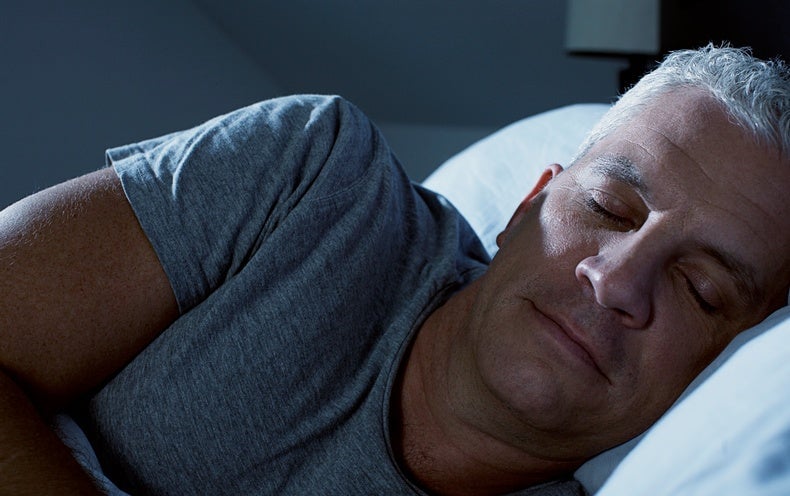A study from Stockholm University suggests that subjective age, or how old one feels compared to their actual age, can significantly impact health. Researchers found that sleep habits, among other factors, influence subjective age. The study published in the Proceedings of the Royal Society B consisted of two parts: a survey of 429 adults aged 18 to 70 and an experimental sleep study with 186 participants.
Lack of enough sleep makes one look older
In a survey, participants reported the number of days they lacked sufficient sleep in the past month and rated their current sleepiness level. Findings showed that each additional day of insufficient sleep corresponded to feeling 0.23 years older, with a full decade difference between feeling extremely alert versus extremely sleepy. To investigate causality, an experimental study assigned participants to either adequate or restricted sleep conditions. After restricted sleep, participants felt on average 4.44 years older compared to after adequate sleep.
According to study co-author Leonie Balter, transitioning from feeling alert to feeling sleepy can make one feel 10 years older. Lack of sleep leads to increased sleepiness, which correlates with feeling older. Researchers found that when sleepiness was considered, the impact of sleep restriction on subjective age disappeared, indicating sleepiness drove the relationship. Interestingly, the significance of sleep for feeling young became more apparent with age, with older individuals being more affected. Thus, safeguarding sleep becomes increasingly vital with age to maintain a youthful subjective age.
Individuals who stay up late likely to look older
The study examined individuals’ chronotypes, distinguishing between “morning larks” and “night owls,” finding that evening types tended to feel older. Morning types experienced the greatest increase in subjective age after sleep restriction, indicating their sensitivity to sleep loss. While further research is necessary to comprehend the underlying mechanisms, potential explanations include the essential role of sleep in recuperation, its impact on biological aging markers, and its influence on motivation for social and physical activity.
According to the study, interventions such as better sleep habits or managing sleepiness through methods like increased exposure to daylight or controlled caffeine intake could contribute to a feeling of youthfulness.


